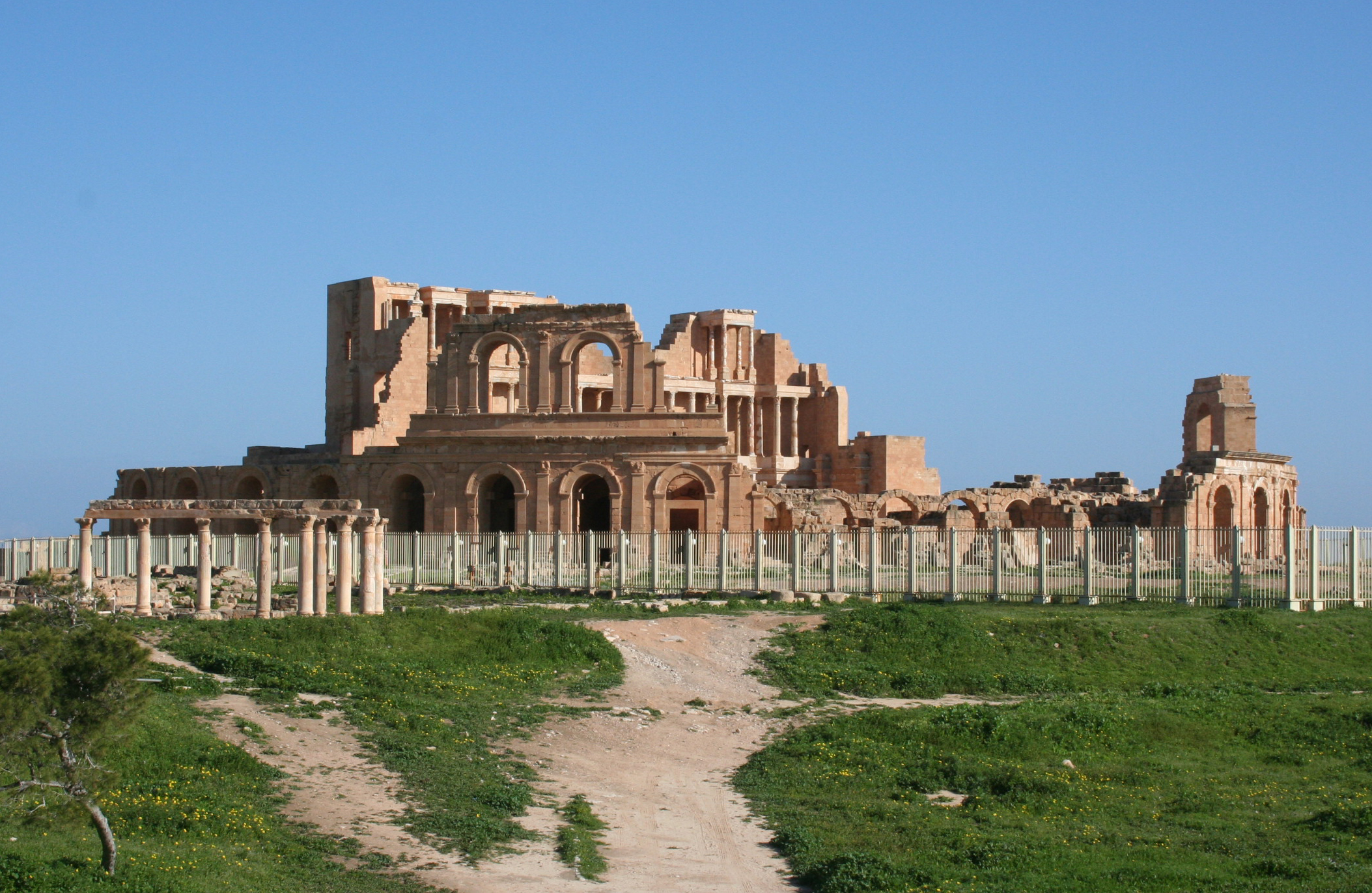Ruins of the Empire: Roman Antiquities in Fascist Libya by Simona Troilo (University of L’Aquila)
Archaeology in Libya played a key role in the fascist regime’s consensus machine. It served to strengthen the historical imagery of fascism and the ideal connection between Metropole and Colony. Its political value prompted the regime to launch excavation campaigns, inaugurate museums and colonial collections, and popularise antiquities among different social strata. This talk will show how the creation of an imperial heritage was part of the construction of the colony’s system of domination. On the one hand, this system incorporated the materials of the past into Italianess; on the other, it ‘liberated’ the spaces of antiquity from the presence of ‘intruders’, who were considered extraneous to the cultural tradition of these places. Archaeology thus became a further tool to define imperial hierarchies, identify a subaltern Otherness, and assert a ‘totalitarian’ control over the territory.
FOLLOW THIS LINK TO REGISTER FOR THIS EVENT
About the Speaker:
Simona Troilo is an Associate Professor of Contemporary History at the University of L’Aquila (Italy). Her research interests include the use of antiquities in imperialism and colonialism, the construction of Otherness through the materials of the past, and the relationship between materiality, visuality and narrativity in coloniality. Her publications include: Pietre d’oltremare. Scavare, conservare, immaginare l’Impero (1899-1940), Rome-Bari: Laterza 2021; ‘Visions of the Empire. The ruins of Roman past in Fascist Lybia’, Nuncius: Journal of the Material and Visual History of Science, 37, 2022, 615-642; ‘Roma in colonia. Resti e reperti della romanità nella Libia fascista’, in E. Migliario and G. Santucci (eds), «Noi figli di Roma». Fascismo e mito della romanità, Florence: Le Monnier 2022, 85-110; ‘Casta e bianca. La Venere di Cirene tra Italia e Libia (1913-2008)’, Memoria e Ricerca, 1, 2018, 133-156; ‘Passaggio a Creta. Archeologi italiani tra imperialismo e nazionalismo nell’Egeo (1899-1910)’, Contemporanea: Rivista di Storia dell’800 e del 900, 3, 2017, 413-442; ‘A gust of cleansing wind: Italian archaeology on Rhodes and in Libya in the early years of occupation (1911-1914)’, Journal of Modern Italian Studies, 17.1, 2012, 45-69; ‘Pratiche coloniali. La tutela tra musealizzazione e monumentalizzazione nella Rodi “italiana” (1912-1926)’, Passato e Presente, 87, 2012, 80-104.





